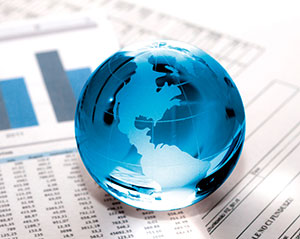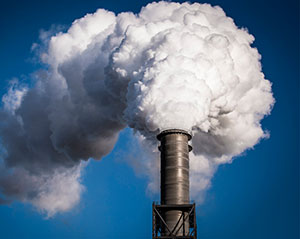시나리오 설명
EnerBase
EnerBase는 더 이상의 야심찬 기후 대책 없이 기존 정책과 역사적 추세가 지속되는 세상을 설명합니다. 온실가스 배출 완화를 위한 지원 부족은 장기적으로 전체 에너지 시스템에 영향을 미쳐, 에너지 수요가 증가하고 연료 다변화는 제한될 것입니다. 이 시나리오에서는 전세계 온도가 약 3°C 상승합니다.
EnerBlue
EnerBlue는 NDC(국가 온실가스 감축목표), 기타 국가별 공약과 장기 계획이 성공적으로 이행된다는 전체를 기반으로 합니다. 신흥국의 지속적인 성장은 전 세계 에너지 수요 증가를 견인하는 강력한 동력이지만, 성장 속도를 조절하는 데에는 정책이 핵심적인 역할을 합니다. 이 시나리오에서는 전세계 기온이 2.0°C~2.5°C 상승하는 결과로 이어집니다.
EnerGreen
EnerGreen은 국가가 NDC 공약을 이행하거나 이를 초과 달성한 후, 파리 협정 목표에 맞춰 배출 목표를 정기적으로 개정하면서 더욱 엄격한 기후 정책의 결과를 탐구합니다. 이러한 변화로 인해 에너지 효율성이 크게 향상되고 재생 에너지가 적극적으로 활용됩니다. 이러한 친환경 경로를 따를 경우, 지구 온도 상승은 2°C 이하로 충분히 제한될 것입니다.



